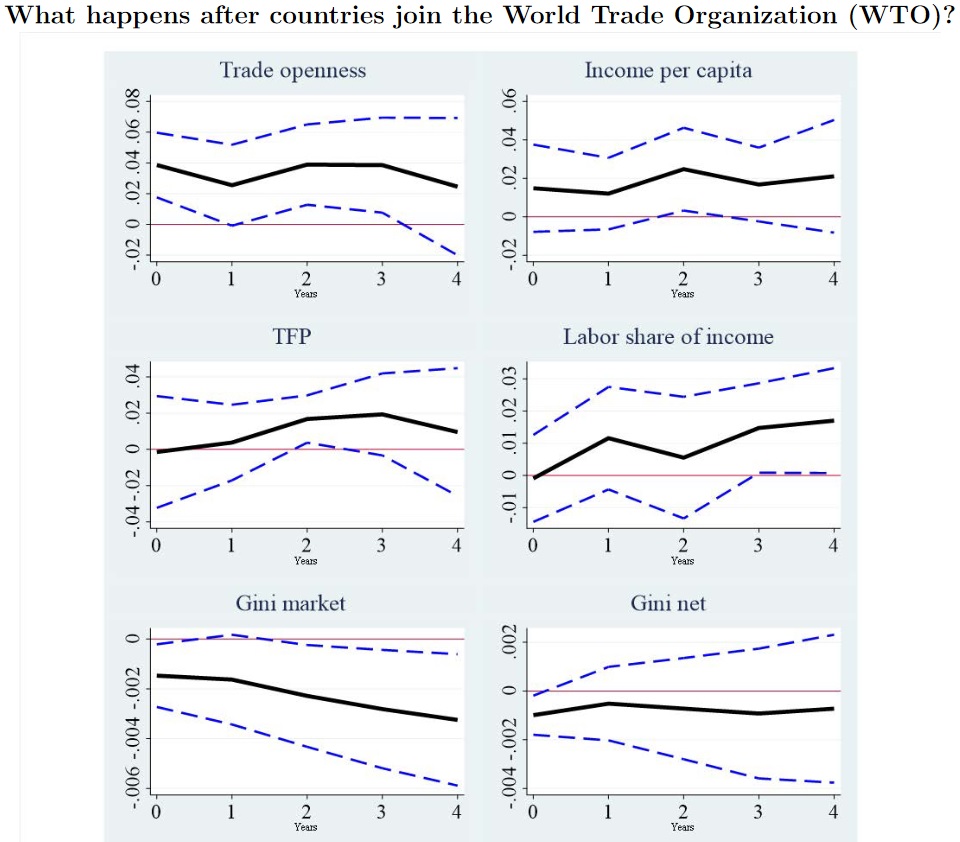May 21, 2021 by Dan Mitchell @ International Liberty
When I was first learning about economics in the 1970s and 1980s, Arthur Okun’s equality-efficiency tradeoff was part of just about any discussion of public policy.
Folks on the left acknowledged that their policies would lead to less prosperity, but they argued that result was acceptable because the benefits of a more-equal society would offset the cost of reduced economic output.
Needless to say, there were vigorous debates about how much additional equality could be achieved and how much economic damage might be caused by any particular policy, but few if any economists pretended that more government was actually good for growth.
Unfortunately, that has changed. A growing number of people on the left (especially those with tax-free jobs at international bureaucracies) now claim that bigger government actually is the way to get more growth.
Here’s their theory.
This illogical hypothesis is so absurd and so anti-empirical that I now get excited when I find economists who still use Okun’s framework when analyzing various reforms.
For instance, there is a new study from the European Central Bank that looks at whether a pro-growth policy (free trade) leads to less equality.
The working paper, authored by Roland Beck, Virginia Di Nino, and Livio Stracca, specifically measures the impact of membership in so-called “globalisation clubs.”
The mounting criticisms against globalisation…have sparked a lively debate about whether the narrative of the benefits of free trade and capital flows is still intact. …In this paper, we reconsider the effects of globalisation on income and inequality studying the consequences of quasi-natural experiments like accessions to “Globalisation Clubs”. …Our list of Globalisation Clubs includes the World Trade Organisation (WTO), the European Union (EU) and the Organisation for Economic Co-operation and Development (OECD), which all require their members to pursue some form of either liberal trade or investment policies or a combination of both. …The main purpose of our study is to shed light on the hypothesis that globalisation leads to an efficiency-equity trade-off which is a fundamental concern in economics dating at least back to Okun (1975). In other words, is the hypothesis that globalisation increases economic efficiency to the detriment of cohesion and equality supported by the data?
Here are the key results.
The analysis leads to three main findings. First, with the exception of financial liberalisation we find that all our “globalisation shocks” lead to a significant increase in trade openness – a prerequisite for considering them globalisation shocks in the first place. Second, the effects on per capita income are mixed; positive for WTO accessions and trade openness shocks, insignificant for OECD accessions and even negative for EU accessions and financial liberalisations. …Finally, we find little evidence that globalisation shocks lead to more inequality. The Gini coefficients (market and net) tend not to change or even to fall, and the labour share of income to be unchanged or even rise, in the wake of a globalisation shock.Taken together, our results point to mostly positive effects for countries following globalisation shocks and challenge the view that globalisation is necessarily an efficiency-equity trade-off.
I’m not surprised by these findings.
There’s no reason to think that OECD membership will lead to better policy and there are good reasons to think EU membership might push policy in the wrong direction.
The WTO, by contrast, has a good track record of trade liberalization. So these results from the study make sense.
The primary takeaway from this research is that free trade is good for prosperity. Not only does it lead to more growth, but low-income people enjoy above-average gains.
Though I would argue that free trade would be just as desirable if rich people were the ones who enjoyed above-average gains. The key point is that all groups benefit when there are reforms to shrink the size and scope of government, and we shouldn’t get worked up if some people benefit more than others.
But there’s a secondary takeaway. This European Central Bank study also is an example of methodologically sound research (i.e., recognizing that more government is not a free lunch).
P.S. While I applaud the honesty of left-leaning economists who use Okun’s framework, that doesn’t stop me from criticizing some of their crazy conclusions.


No comments:
Post a Comment